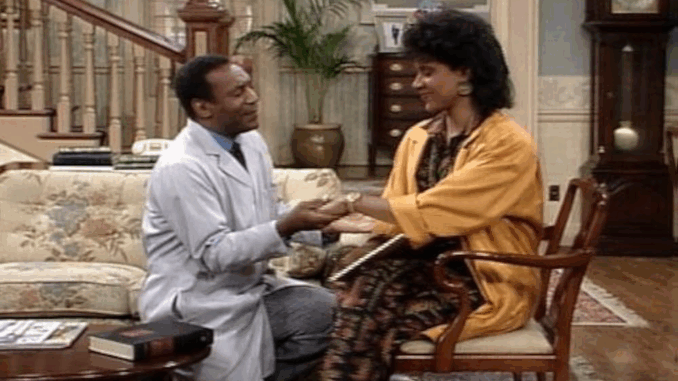
The Cosby Show is often hailed as a revolutionary sitcom that reshaped the landscape of American television in the 1980s. More than just a source of laughter, it broke new ground by presenting a strong, educated African American family in a positive light—a rarity at the time.
The Show’s Unique Formula for Success
What set The Cosby Show apart from other sitcoms was its ability to blend humor with heart. The Huxtable family’s everyday experiences—from parenting challenges to teenage dilemmas—felt genuine and relatable. Bill Cosby’s portrayal of Dr. Cliff Huxtable, a loving doctor and father, brought charisma and warmth that anchored the show.
Breaking Stereotypes and Setting New Standards
At a time when television often marginalized African American characters, The Cosby Show presented a refreshing change. It showcased professional parents, college-educated children, and an affluent lifestyle that defied negative stereotypes. This positive representation helped change public perception and opened doors for more diverse programming.
Memorable Characters and Episodes That Left a Mark
Characters like Clair Huxtable, portrayed by Phylicia Rashad, became role models for many viewers. The show’s episodes tackled real-life issues such as discipline, education, and relationships with humor and sensitivity. Iconic episodes like “Theo and the Joint” and “Denise’s Divorce” highlighted the show’s ability to balance entertainment with important social messages.
Enduring Influence in Today’s TV Landscape
Decades after its finale, the influence of The Cosby Show is visible in many modern series that focus on family, culture, and social issues. Shows like Black-ish and Fresh Off the Boat owe a debt to the path it paved for diverse storytelling in mainstream media.
Conclusion
The Cosby Show wasn’t just a hit sitcom; it was a cultural catalyst that challenged and expanded the narrative around African American families on TV. Its legacy is a testament to the power of representation and storytelling, making it a pivotal chapter in television history.